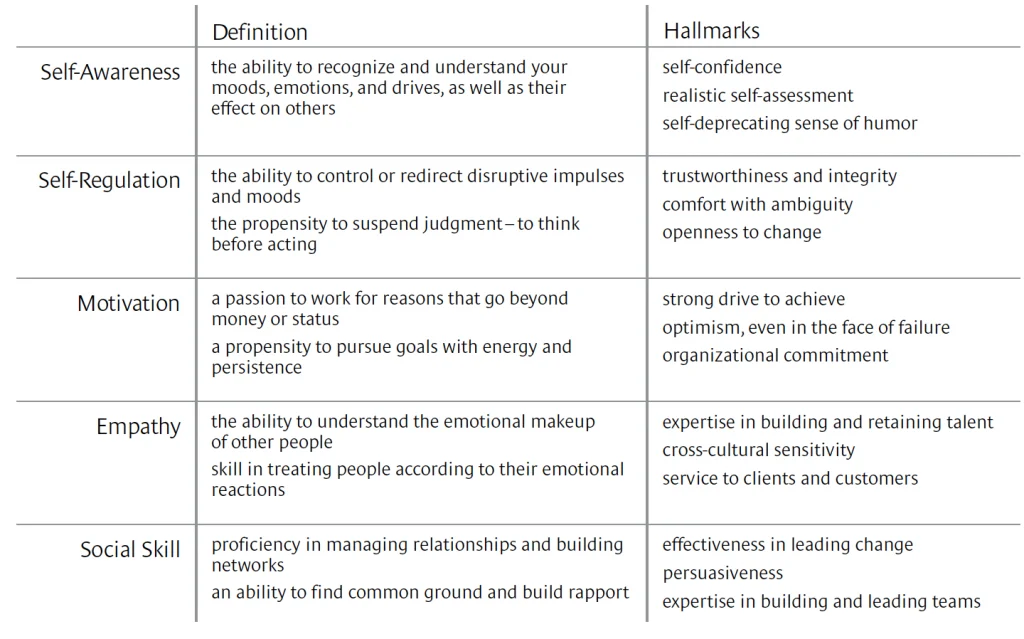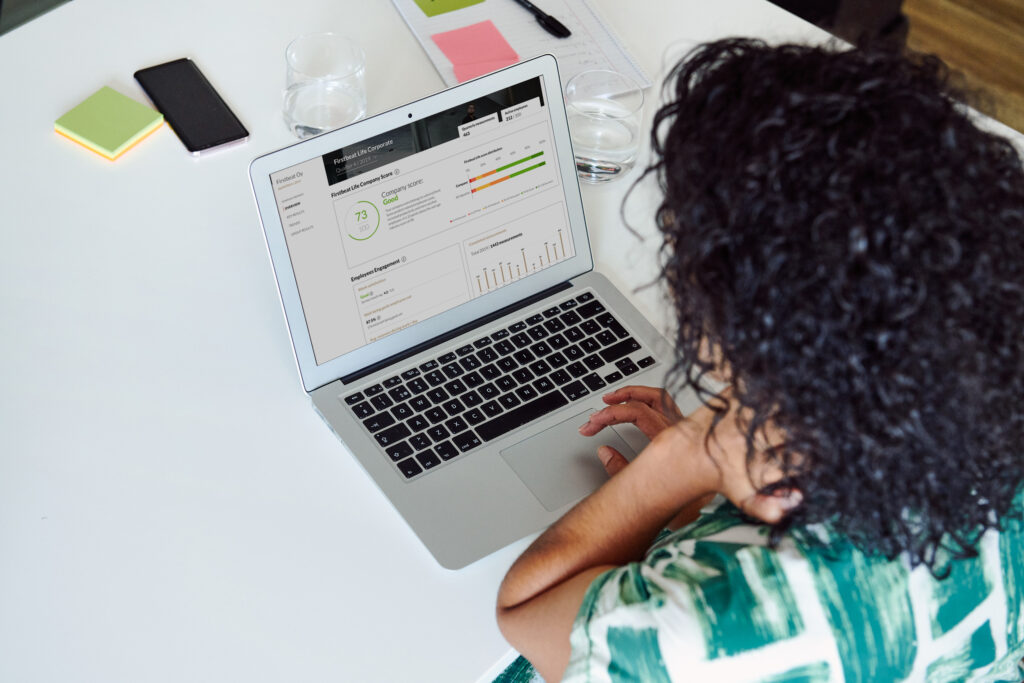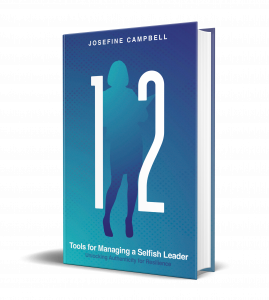
Share This Post
Leaders who are emotional intelligent or savvy, simple creates following. Their people feel a strong connection with them and a great sense of belonging towards their workplace regardless of the external conditions. It is quite powerful.
Coaching leaders on a daily basis, on close hand, I get to experience how the type of challenges varies, depending on whether the leader I coach is emotionally savvy or not. Therefor in this article, we delve into empathy and what a great sense of empathy can do for you as a leader.
Emotional intelligent or not
People who lack emotional intelligence, either because they do not acknowledge that their feelings matter, or because they disregard those of others, often struggle with misunderstandings in peer collaboration. Nevertheless, some of them (if they are not offending others) can get the following of direct employees to an extend where it shows in engagement surveys. If their direct reports are smart enough to see the good intentions of the emotional illiterate leaders and trust him / her. Just because they understand. But for peers and other people who have less touch points with the leader, it is harder to feel seen and acknowledged.
I define empathy as the ability to sense what others are feeling. Similar to psychologist, Daniel Goleman, who achieved commercial success with the book “Emotional Intelligence” in 1999, and who wrote the classic HBR article “What Makes a Leader?” I believe that in leadership and collaboration, we can use empathy as the ability to get hints about what is happening inside other people.

As you can see, in the table from the artycle by Daniel Coleman as mentioned, emotional intelligence depends on both self-awareness and empathy. Empathy can occur at several levels:
- On an individual level, where you are facing another person or several people.
- In groups, where you can sense the mood.
Empathy through mirror neurons
Your mirror neurons sense micro movements in the face of the person you are talking to, allowing you to mirror their emotions. We all have mirror neurons. For some people the mirror neurons just work better than others. Infants navigate their caregiver’s emotions using their mirror neurons. It’s as if our first primary language is to use our empathy. If our caregiver mirrors lovely feelings, it becomes a good experience to sense others; if they are stressed and angry, it becomes a bad experience, and as children, we may choose to retract our feelers. This decision can also be made in our first job if we find it too hard to sense other people or the mood.
Would you like the newest knowledge and inspiration sent directly to you?
Then subscribe to our monthly newsletter
Understanding what happens by sensing the mood
Sensing the mood is not as mysterious as it might sound to some. Several experiments and studies have shown that the ability to sense the mood is a natural ability in humans and most animals, even mice and rats. They have what one would call a well-developed empathy, and if you have good empathy combined with awareness of how empathy affects other people in leadership and teamwork relations, you can help create an atmosphere in which collaboration and leadership can function well. Empathy has been studied for hundreds of years, although there are many academic discussions about nuances of the definition, just as there are with the concept of trust, there is a lot of research pointing clearly in the same direction. Try to see the overlap in these descriptions:
- An albino rat sees another rat hanging in the air in a harness. The rat hanging in the air is clearly stressed. The albino rat pushes the lever that safely lowers the rat to the ground. He stays close to the stressed companion.
- Another rat sees a suffering companion receiving electric shocks and does not push the lever but flees to the corner, farthest from the screams.
- In an experiment with rhesus monkeys, the monkeys were trained so that when they pulled on some chains, they received different amounts of food. The researchers now changed the rules: When one monkey pulled the chain with the largest amount of food, another monkey received an electroshock. Two-thirds then preferred the small portion of food. Of the remaining third, one did not pull the chain for five days, and another monkey did not touch the chain for 12 days, resulting in the monkey starving. We also know that newborn babies normally react to other babies crying by crying themselves.
For empathy is an evolutionary phenomenon, just as Charles Darwin himself suggested it. If someone in the group sees or senses something dangerous, this will send signals to the observer’s amygdala, where the fight, freeze, and flight responds are. At the same time, the others in the group’s mirror neurons in the frontal lobes will be able to perceive that someone in the group has experienced something dangerous, so they feel the fear themselves, and signals are sent to their amygdala.
Through the mirror neurons that we all have in our frontal lobes, we have the opportunity to sense on our own bodies what others are feeling. It is a natural ability that everyone has, unless they have shut it down, or if they have been taken from their mother as a baby, or if their mother has been depressed while they were between 3-6 months old, as there is some research suggesting that the ability may not have fully developed. You can certainly achieve success as a specialist or individual performer without much empathy, but at some point, in your career, whether you are a specialist or a leader, you will hit a ceiling if you cannot sense other people. Because it becomes too difficult to get others to follow you and collaborate – it becomes much harder to understand each other.
In coaching, we often work on developing empathy. It’s never too late. The mirror neurons can be reactivated. It just needs training. The worst that can happen is that you get a better life.
I will gladly take a non-binding chat – helping you to explore what’s really important to you. You can reach out here or take a closer look at me as a coach.
And remember that we help people in multinational companies to handle challenges in a meaningful way and take business to the next level. If you would like to be updated with new articles and videos, sign up for our mailing list. Your mail is not shared with anyone and there are advantages to being on the list e.g., getting the first chapter of Josefine Campbell’s book, Power Barometer – How to Manage Personal Energy for Business Success.












